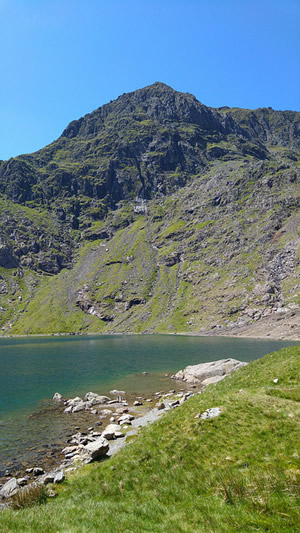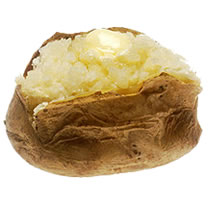
Yesterday I climbed Snowdon with other members of the Bangor Ukulele Society. We set off from Pen-y-Pass (The head/top of the pass) and took the Miner’s Track to the top, then went down the Llanberis Path. On the way up and the way down we stopped a number of times to sing a few songs, and got a bit of an audience in places.
The name Snowdon comes from the Old English for “snow hill”, and the Welsh name – Yr Wyddfa [əɾ ˈwɨ̞ðva] – means “the tumulus” or “burial mound”. According to legend a giant known as Rhitta Gawr was buried there after being defeated by King Arthur [source].
Snowdonia, the region in which Snowdon sits, is known as yr Eryri [əɾ ɛrˈərɪ] in Welsh. I was told yesterday that this comes from the word eryr (eagle) so is poetically translated as “The Land of the Eagles”. However this is apparently a folk etymology and it actually comes from the Latin word orīrī, from orīor (to rise, get up, appear, exist) and means highland or upland [source].
The Latin word orīor comes from the Proto-Indo-European *(H)r ̊-nw- (to flow, move, run), which is also the root of the Middle Irish rian (river, way), the Old Church Slavonic reka (river), the Latin rivus (stream), the Sanskrit ऋति (ṛti – course, way), and the Gaulish *Renos (that which flows), which is where the name of the river Rhine comes from [source].

